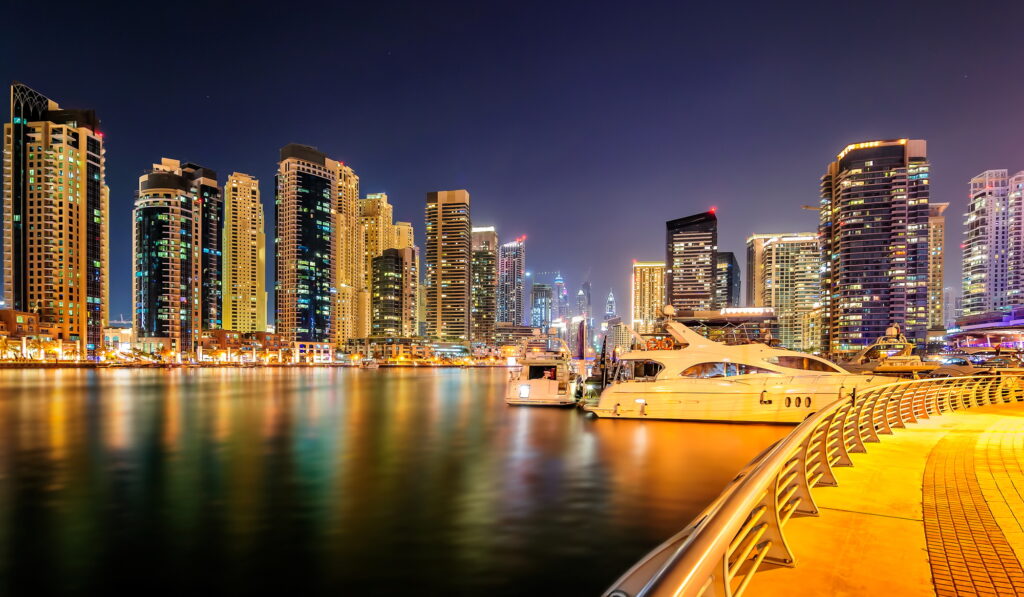Key Takeaways :
- Dubai’s stricter tourist visa requirements create significant challenges for travelers, adding new hurdles to the application process.
- The demand for confirmed hotel bookings, return tickets, and financial proof has led to increased processing delays and rejections.
- These measures, while aimed at controlling tourist influx and ensuring compliance, may deter potential visitors due to their complexity and additional costs.
Dubai, a globally sought-after travel destination, has implemented stricter tourist visa requirements, sparking concern among travelers and industry professionals alike. These new regulations, introduced under the guise of enhancing travel management and compliance, are making the once straightforward process of obtaining a visa considerably more complicated.
Comprehensive Changes to Visa Requirements
Dubai’s revised visa policies introduce several mandatory criteria for tourist visa applicants:
- Proof of Accommodation:
Travelers must provide a confirmed hotel reservation or, in cases of staying with family or friends, additional documentation verifying the host’s residency status. This added layer of bureaucracy complicates applications for those planning to stay outside the conventional hotel system. - Return Tickets:
Open-ended or one-way tickets are no longer acceptable. Travelers must have a confirmed return ticket as part of their application, a requirement that particularly impacts those with flexible itineraries or uncertain travel plans. - Financial Requirements:
Applicants are required to demonstrate their financial capability to sustain their stay. This involves showing sufficient funds through bank statements or credit/debit card limits, with specific thresholds:- 5,000 Dirhams ($1,360) for a two-month visa.
- 3,000 Dirhams ($816) for a three-month visa. While intended to prevent overstays and ensure self-sufficiency, these financial requirements place a significant burden on budget travelers.
The Immediate Impact on Travelers
The new rules have already resulted in processing delays, with many applicants struggling to meet the documentation and financial thresholds. Reports suggest that even well-prepared travelers face longer wait times due to increased scrutiny. This delay can disrupt travel plans and diminish Dubai’s reputation as a convenient travel hub.
For budget-conscious tourists, the financial proof requirement creates additional challenges. Many travelers from developing countries, where incomes may not align with Dubai’s high thresholds, now face barriers to entry, potentially impacting the city’s tourism-dependent economy.
Broader Implications for Tourism
Dubai has positioned itself as a luxury travel destination, attracting millions annually. However, these new measures risk alienating a significant portion of its tourist base, particularly those drawn to Dubai for its mix of affordability and opulence.
In 2024, the city recorded an 8% increase in tourist arrivals compared to the same period in 2023, with over 10.62 million visitors. The tightening of visa requirements could stall this growth, as prospective travelers weigh the added complexity and cost of visiting Dubai against alternative destinations.
Moreover, the measures appear to disproportionately affect individuals traveling for personal reasons, such as visiting family or attending social events, due to the additional documentation required for non-hotel stays.
The Controversy of Over-Regulation
While authorities justify these rules as necessary for managing tourist inflow and curbing visa overstays, critics argue that they impose undue burdens on genuine travelers. The lack of flexibility, coupled with the financial strain, could deter repeat visits and tarnish Dubai’s image as a global tourism leader.
Travel experts warn that these measures, though well-intentioned, may backfire, resulting in lower tourism revenue and dissatisfaction among would-be visitors. Additionally, the policy’s impact on business travelers and frequent flyers, who often require spontaneity, could extend beyond leisure tourism.
Conclusion: A New Era for Dubai Tourism?
The introduction of these stricter requirements marks a significant shift in Dubai’s approach to tourism. While the measures aim to enhance travel security and streamline visitor management, they also risk creating barriers that could deter a considerable portion of its tourist demographic.
As Dubai moves forward with these changes, it must carefully balance its goals of security and compliance with the need to maintain its status as an attractive, accessible destination for travelers worldwide.










